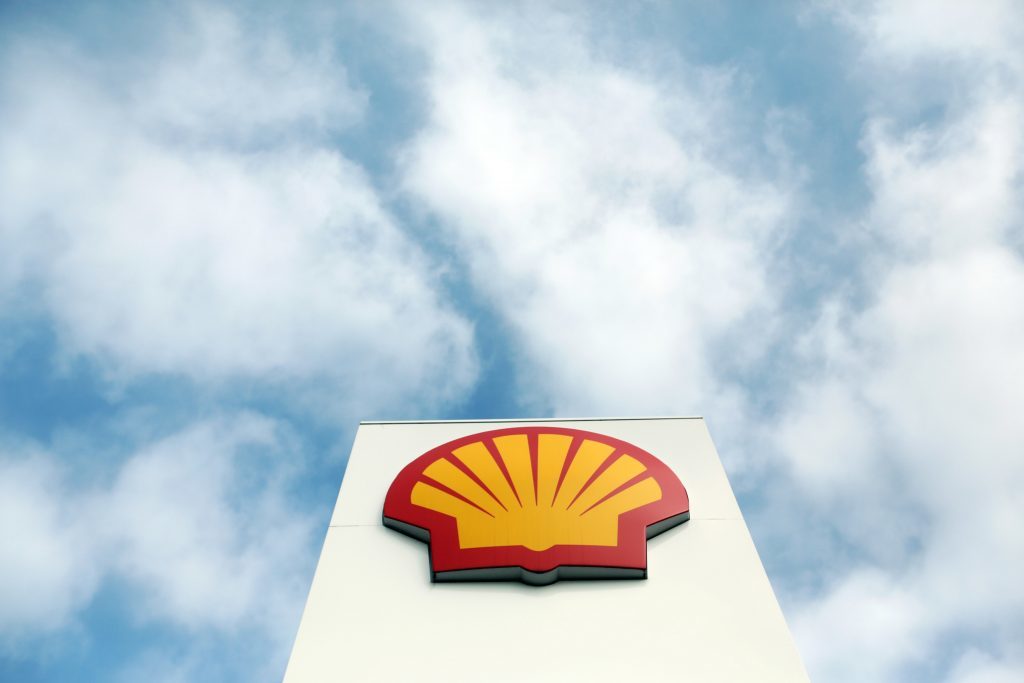
Shell is performing “extremely well” at a time when Brent crude is at its highest price for three years, the oil giant’s upcoming fourth quarter results will show.
The Anglo-Dutch major is in its strongest position for many years in terms of its cash generation thanks to its upstream and LNG businesses, analysts said.
RBC Capital Markets anticipates Shell’s fourth-quarter adjusted net income will more than double year-on-year. The company recorded adjusted earnings of £1.3billion in Q4 2016.
Analysts said Shell, whose shares are up about 10% over the last 12 months, had been boosted by the sale of assets and disciplined spending.
The company implemented a £21billion-plus divestment plan following its £47billion mega-merger with BG Group, which was completed in 2016.
As part of that programme, Shell sold about £3billion worth of North Sea assets to Chrysaor in 2017.
RBC analysts said the company would have cashed in £1.1billion in the fourth quarter from the proceeds of UK North Sea sales alone.
Total Q4 income from global asset divestments will have come to about £3billion.
Iain Armstrong, divisional director at Brewin Dolphin, said the disposal of North Sea assets would have shielded Shell from the worst effects of the Forties pipeline shutdown in December.
Mr Armstrong said Shell was one of the more internationally diversified oil majors, meaning its reliance on the North Sea is very limited.
He said Brazil was much more important to Shell following the takeover of BG Group, which added assets in the South American country to its portfolio.
Also in upstream, lower production from the Groningen gas field in the Netherlands should be offset by improved security in Nigeria.
Brent crude at $70 should let most majors increase their capital expenditure slightly, though higher prices tend to dent refining margins.
In Shell’s case, downstream performance should be better in the fourth quarter as its refining and chemicals business recovers from Hurricane Harvey.
Companies are still trying to gauge the precise impact of the drop in US corporate income tax. Shell said it would have incurred an estimated charge to earnings of £1.4billion to $1.8billion based on its third quarter performance.
The firm will publish its fourth quarter and full year results on Thursday.
Mr Armstrong said: “Shell is performing extremely well at the moment. People will be looking at their cash generation and what they’re going to do with that.”
Earlier this month, Shell revealed it would invest in a London-based blockchain start-up as part of its diversification drive.
Other recent investments include a sizeable stake in a US solar energy developer and the acquisition of a First Utility, a UK household energy and broadband provider.
Mr Armstrong said: “Shell does not want to be seen as an oil and gas company. They would love to diversify further into renewables but there aren’t enough big projects available.
“Also, everyone wants a piece of pie, so returns are not attractive while you’ve got a growing oil and gas business with good cost control.
“By 2030 you could see something like 20% of business coming from renewables at companies like Shell and BP, but it depends which projects come on market.”

